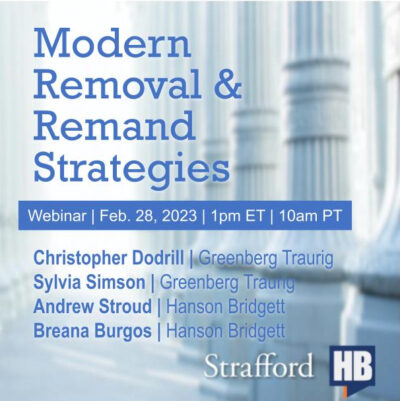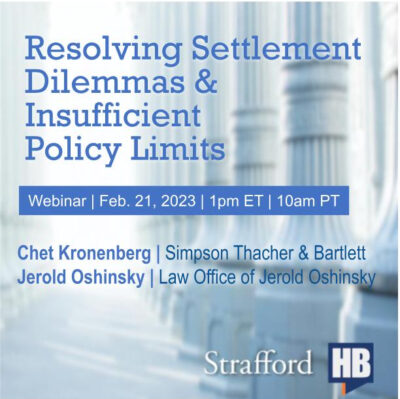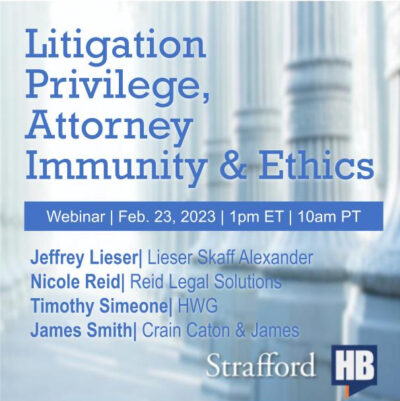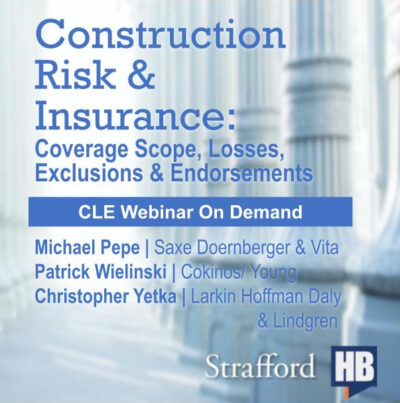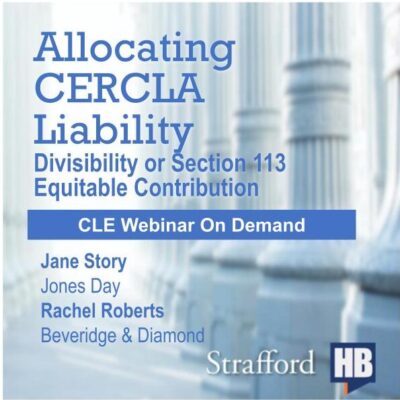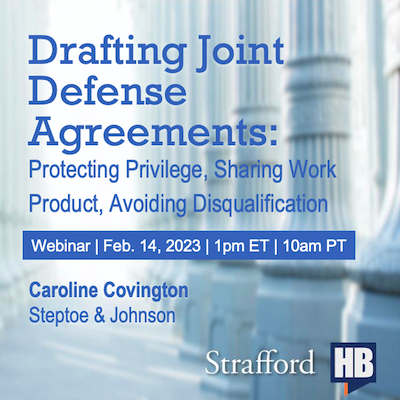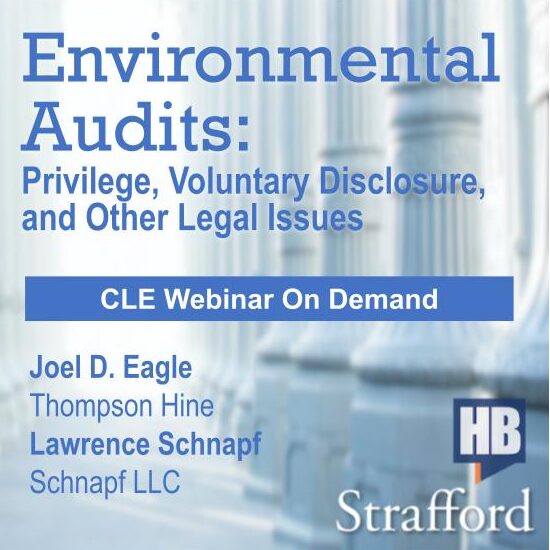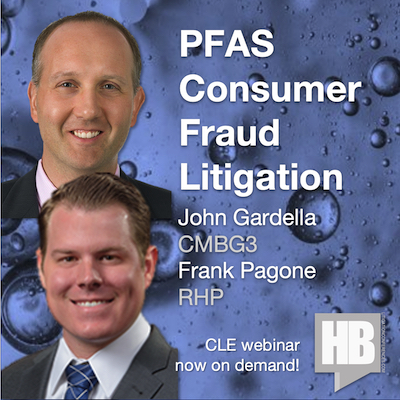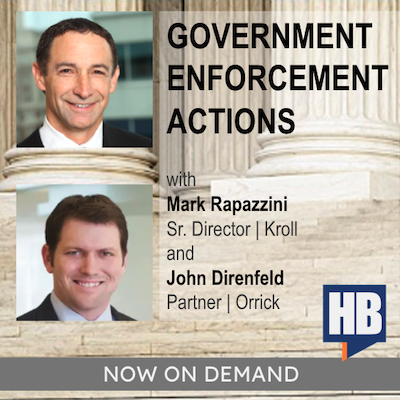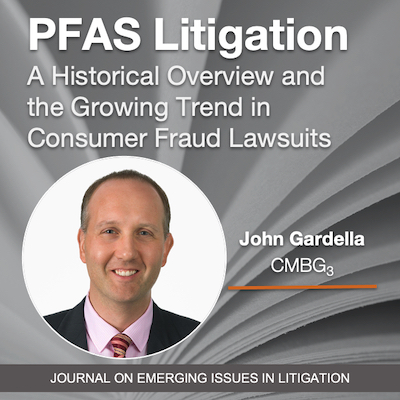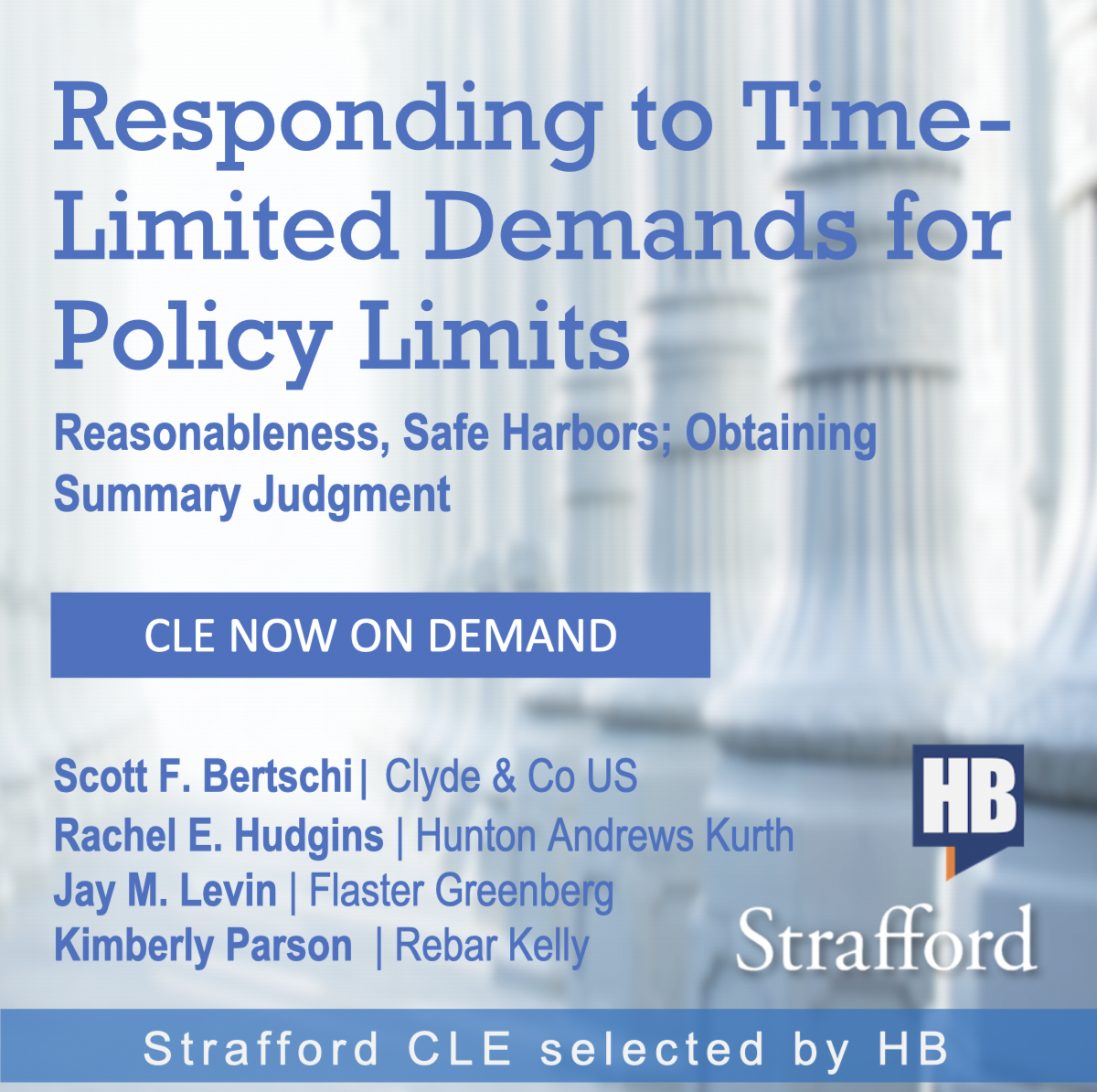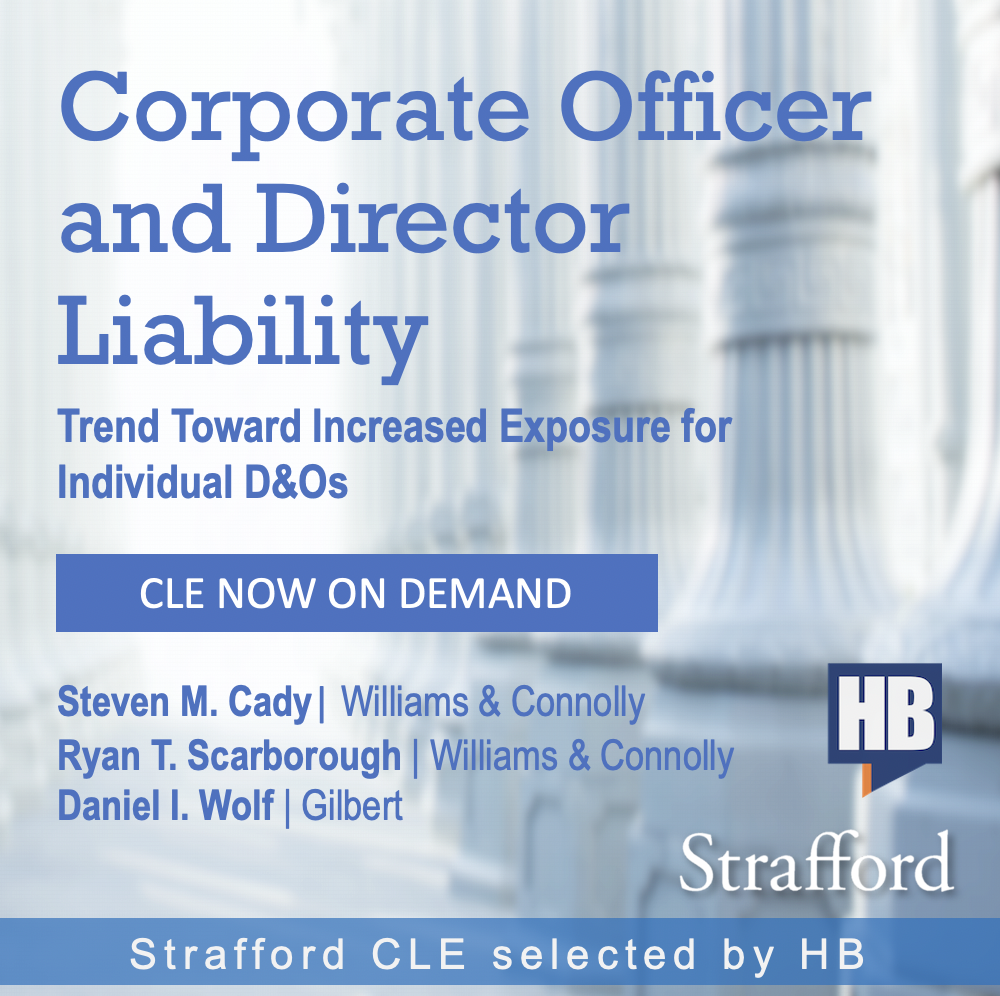Modern Removal and Remand Strategies: Forum Defendant Rule; Snap Removal; Effect on Pleadings, Motion Practice
Modern Removal and Remand Strategies Forum Defendant Rule; Snap Removal; Effect on Pleadings, Motion Practice A defendant in a lawsuit filed in state court can "remove" the case to federal court if there is a diversity of citizenship, except if a "properly joined and served" defendant is a citizen of the forum state. With the advent of electronic filing, defendants now have instantaneous notice of suits and may remove the case before being served, thereby sidestepping the forum defendant rule. Although several U.S. Circuit Courts have approved the practice, a debate remains on whether this practice should be approved.Plaintiffs have their own toolbox to anticipate removal strategies and take preemptive actions to make removal difficult and remand likely. Since all parties can play the literal-reading-of-the-statute card, plaintiffs have seized on ways to bring the "real" parties into the dispute in such a way as to prevent removal.If the case comes to a stop in federal court after removal, the parties must be aware of how the change in forum impacts the rest of the case: deadlines, motions, pleadings, what must be answered, and what is stayed.Listen as this experienced panel of litigators discusses which removal and remand planning and strategies can make the most difference. Outline Statutory authority and procedural requirements Strategies for plaintiffs Avoiding federal question Avoiding diversity, pre- [...]

